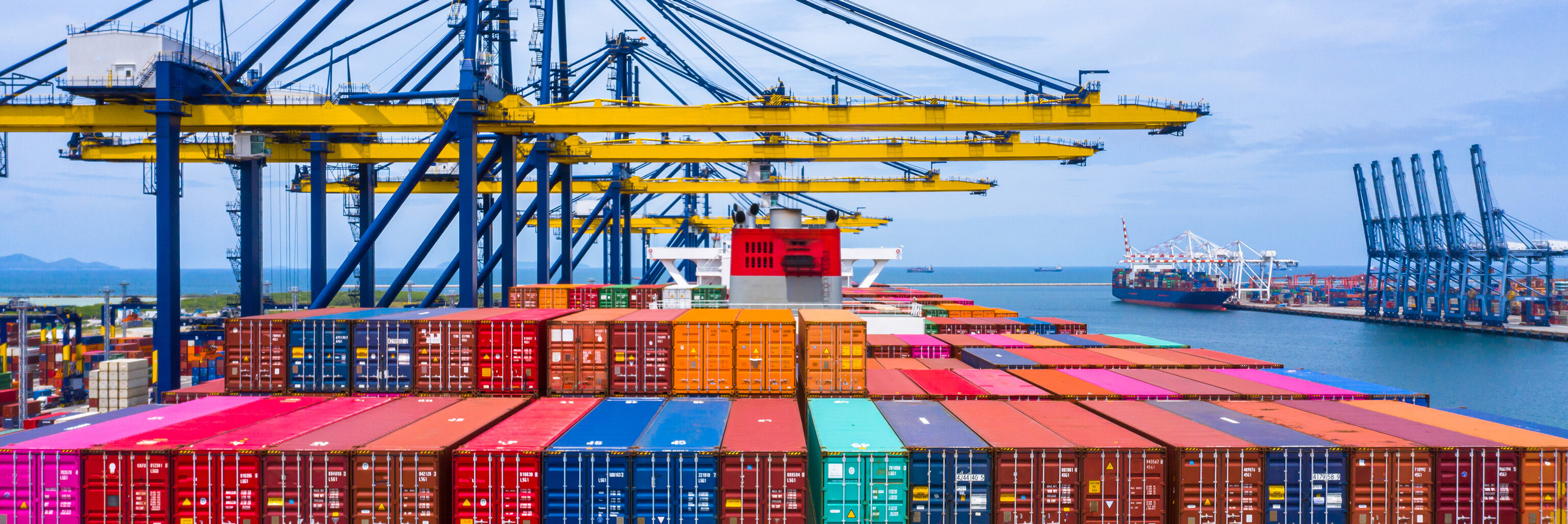From rising emissions and fuel dependency to global supply chain complexities — the logistics industry is facing increasing pressure to decarbonize. Companies are expected to reduce their climate impact while maintaining operational efficiency and global competitiveness. At FORLIANCE, we empower the shipping and logistics industry to address these challenges through data-driven, actionable climate strategies that align with regulatory requirements and stakeholder expectations.
Whether you are navigating new sustainability disclosure rules or striving to improve your carbon accounting, FORLIANCE provides the expertise, tools, and climate project access needed to support your transformation toward sustainable logistics.


